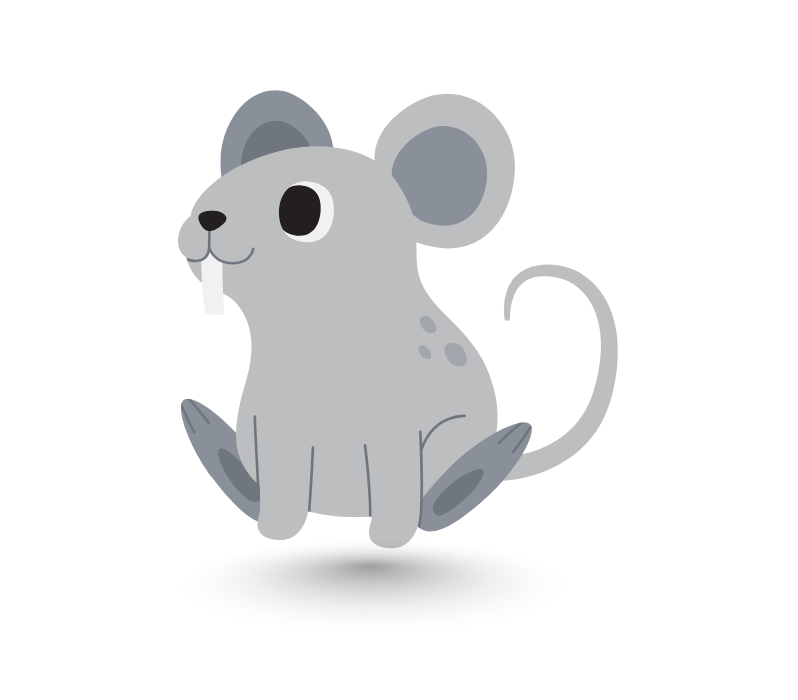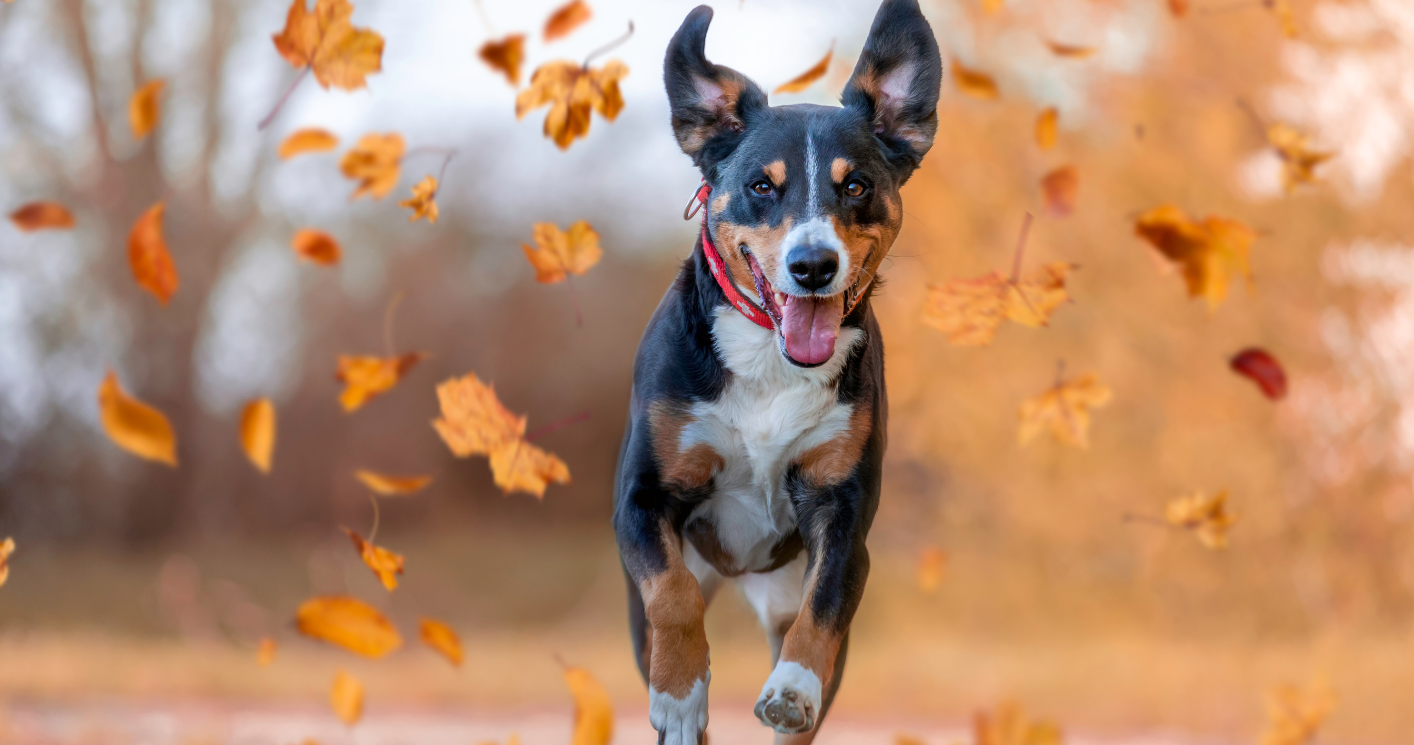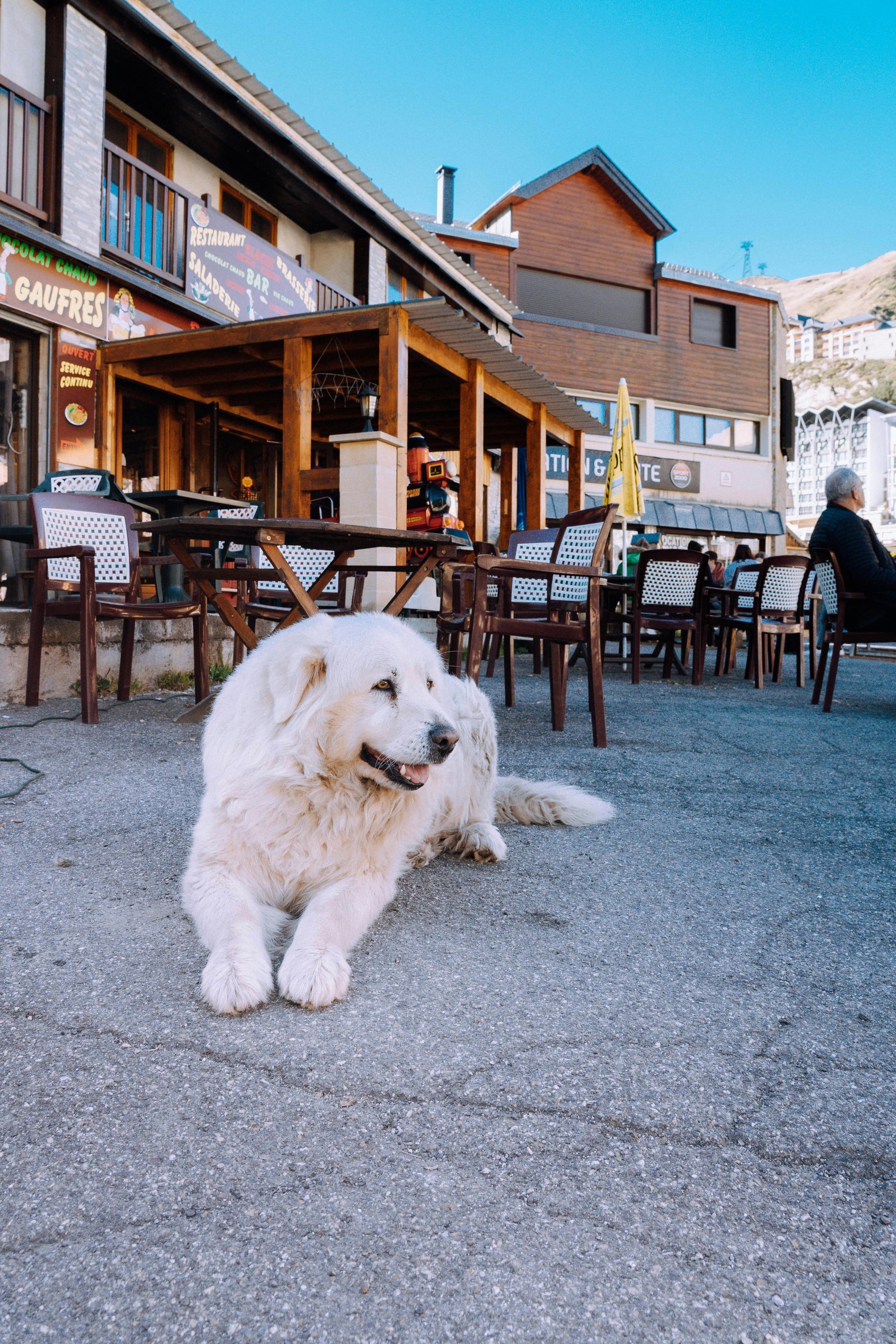Fall Dangers for Dogs: From Seasonal Allergies to Pesky Parasites
Fall Dangers for Dogs
From Seasonal Allergies to Pesky Parasites

Seasonal Allergies in Dogs
Parasites Don’t Take a Fall Break
Georgia’s fall allergens—ragweed, mold, and leaf debris—can trigger allergic reactions in dogs.
Common symptoms:
Persistent itching & scratching
Red, irritated skin
Paw licking & chewing
Recurrent ear infections
✔️ Keep your dog on year-round parasite prevention.
✔️ Do tick checks after every walk.
If your dog shows these signs, they may benefit from professional allergy testing and treatment.

Leptospirosis Awareness
After autumn rains, puddles and stagnant water can harbor bacteria that cause leptospirosis, a potentially serious disease in dogs (and zoonotic to humans).
Watch for symptoms: lethargy, vomiting, fever, increased thirst/urination, and yellowing of the eyes or gums. A simple vaccine offers protection.




Cooler weather doesn’t eliminate fleas, ticks, and even mosquitoes in Georgia. In fact, fall hikes and outdoor play put dogs at risk of infestations and tick-borne illnesses like Lyme disease.


Key Takeaways
Toxic Fall Foods & Plants
While enjoying fall festivities, keep your pup away from:
❌ Acorns – can cause digestive upset & blockages
❌ Onions, grapes, chocolate – common holiday foods that are poisonous to dogs
If ingestion is suspected, contact a vet or the Pet Poison Helpline immediately.
Allergies: Ragweed & mold can cause skin and ear problems.
Parasites: Fleas & ticks thrive in Georgia’s mild fall.
❌ Wild mushrooms – some are toxic and life-threatening
Parasites: Fleas & ticks thrive in Georgia’s mild fall.
Toxins: Watch for acorns, mushrooms, and dangerous foods.
Fall in Georgia brings crisp air, colorful leaves, and perfect hiking weather—but it also brings
hidden dangers for dogs. From lingering parasites to toxic seasonal plants, pet owners in Medlock Bridge and the surrounding areas should stay alert. Here’s what you need to know to keep your pup safe this season.





